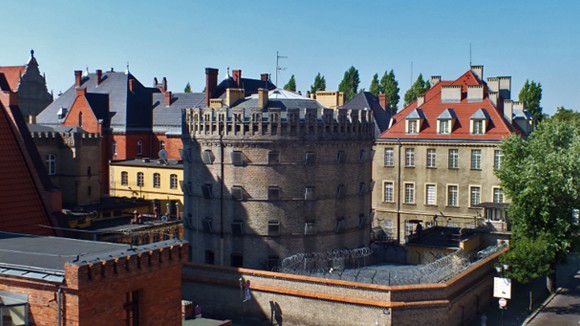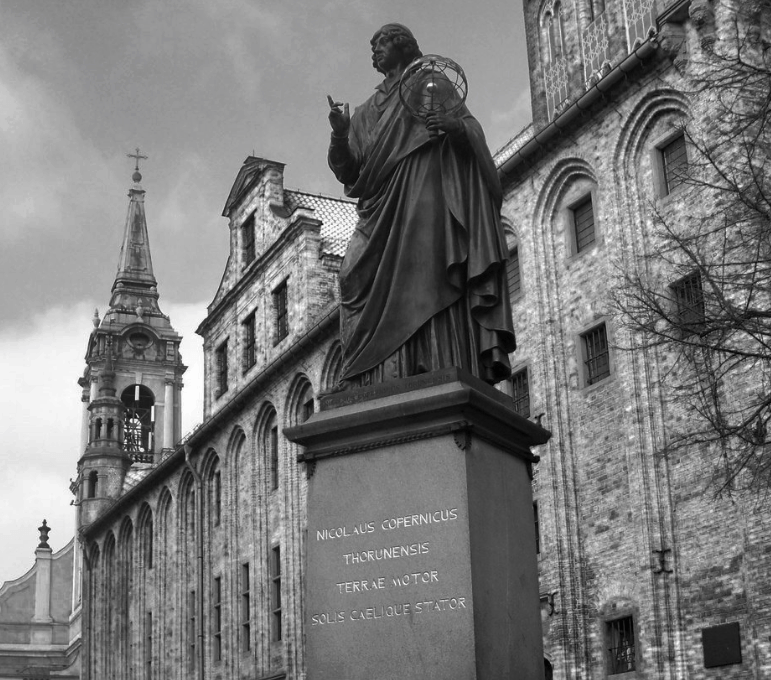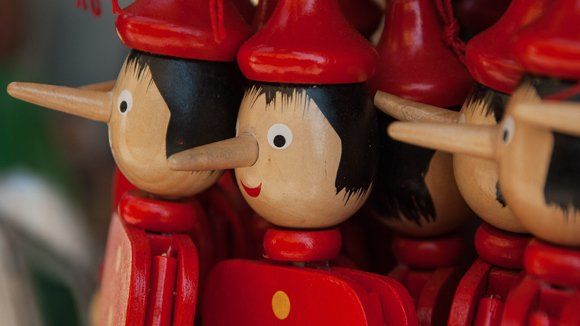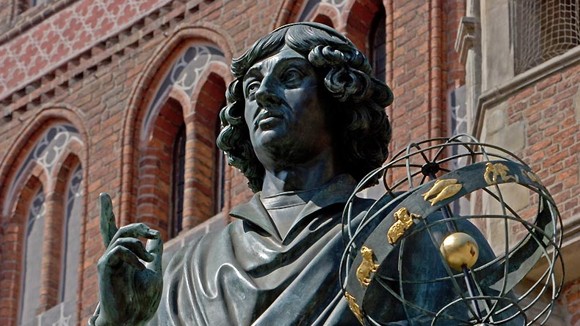

It was that fateful summer, which was not the same as all summers, when peace in Europe and our family’s peace were about to be shattered. Towards the end of August 1939 it was certain that war was going to break out at any moment and final preparations for it were being made. In my home town of Toruń, in the north-west of pre-war Poland, in schools and other larger buildings, mobilisation of men for the army was in full swing. My father Franciszek, a tall, handsome, always immaculately dressed senior sergeant in the quartermaster’s office of the Toruń Artillery Officers’ School, was one of the mobilisation officers in a public school at the Mokre suburb. I took lunches to him and witnessed the hustle and bustle of men being registered, issued with uniforms and organised into units. The orderly process of enlisting the men moved my fear of war into the background and filled me with confidence. All the mobilised men were also of good spirits and certain that they would defeat the Germans and save Poland: “We will beat them with just our army caps and drive them out!”
When we were leaving Toruń and travelling by train to my grandfather Marcin on that summer afternoon, I looked out at the city of Toruń, where I had been born and where I had lived with my family at 9 Jagiellońska Street, in the first floor flat No. 3, its balcony with flower boxes full of geraniums in summer and a hung hare in the frosts of winter. I looked with pride at my beautiful, historic Toruń and admired especially the Old Town, the birth place of Nicolaus Copernicus, Terrae Motor, Solis Coelique Stator ,as the inscription under his statue in front of the 14th century Gothic Town Hall stated; where I went to school near the red-brick Garrison Church of St Katarzyna in which I had served as an altar boy and rung the bells from its tall steeple, from where two military trumpeters played the melodies of Marian hymns inviting the faithful to devotions to the Virgin Mary during May evenings filled with the fragrance of spring flowers … I had no idea that it could be any different. They were part of the daily life of Toruń and I was whole-heartedly a citizen of Toruń.
Dear, old Toruń, will I ever see you again?
A week or two passed since our saying good bye to Father and there was no news from him. The bombardment and aerial dogfights were gradually becoming less frequent. We heard that the Germans were near but didn’t want to believe it, although a woman radio speaker’s voice, heavy with emotion, announced the horrible news that Poland’s existence as a free, independent country was coming to an end. All the women listening cried uncontrollably. The news crushed us like a huge weight. To me, the world appeared as one great garden of sorrow. I was filled with a feeling of utter helplessness and with the realisation that there was nothing we could do. That the defeat of our forces was a fact we found out soon enough when we saw the Germans with our own eyes. Along the main road, they moved in motor vehicles, in their grey uniforms. They were foreigners — even their vehicle exhaust smelled differently. The proud, greedy, confident Herrenvolk. We could feel their might. It distressed us terribly that they had overcome our courageous, smaller forces with their massive material advantage; that they were driving on our roads, where not so long ago our Polish uniforms had held sway.
At Krzykosy monotonous days passed and war days as well. Reading had always been my passion, so I was doing a lot of that and studying a little. I finished all Uncle’s books and visited the organist in Borysławice to get some more. The reasons for the visits to the organist were not only books but also to see his fair-haired, blue-eyed daughter Danusia, whom I liked very much. She was twelve, the same age as I was, and we were at the school together earlier. Gradually I also exhausted the organist’s book supply, but fortunately my grandfather came to the rescue and indicated a new source to me. In the manor house, in a lean-to, there was a small room, apparently forgotten by everyone. Soon after the fighting had stopped, when the German, Brandt, took over the estate, he had ordered all the things he didn’t need to be taken to the room, including Polish books. Now my Grandfather took me there! I always liked to browse among old things, and especially books. I found many of them there, including the memoirs of a French sergeant written during the disastrous retreat of Napoleon’s armies from Moscow in 1812, in the bitter cold of a Russian winter. And luckily, the Russian winter also helped to defeat Hitler’s armies later in the war. The books I read allowed me to learn about unknown aspects of life and so influenced the formation of my personality.
Christmas came soon. My God! What a Christmas! I had never before celebrated those joyous feast days in such lamentable conditions. Our country overrun, Father in a POW camp and the oppressive presence of the German Nazi occupation felt everywhere. We sat down to a very modest Christmas Eve supper with a heavy heart and tears burning in our eyes. We were consoling ourselves with the hope that next Christmas would be different — hopefully our country would be free and Father would be with us. We were longing to see him again. Somehow it seemed to us that he would be back any day — how this would happen we didn’t know, but we had such a conviction. Only now, in this goly day, when he was absent, did I realise what a good father we had. Only now did I know how much I missed our own, free country and everything which I had previously taken for granted. Now I myself could feel the truth of what our poet Adam Mickiewicz wrote:
“. . . my country thou
Art like good health; I never knew till now
How precious, till I lost thee. Now I see
Thy beauty whole, because I yearn for thee.”
I remember that time and I will never forget it. We placed our trust in God and hoped that He would change this horrible time. Every night mother led us in prayers for peace, for Poland’s freedom and for Father’s safe return. As soon as the snows disappeared and spring came, Mother and the two of us walked to Mass several times a week to the village of Bierzwienna, some kilometres away. Weekday Masses were early in the morning, so we had to leave home when it was still dark. The parish priest at Bierzwienna, as a patriot, was attempting to counteract the influence of German customs on our people. The Germans celebrated birthdays instead of name days, which were patron saint’s days. He did not mention that explicitly, but said in one of his sermons that every calf had a birthday, but a patron saint’s day was celebrated as the day when a saint’s name was given to each of us at baptism and it should be the more important day of spiritual birth as a Christian. Later, when we were living with my aunt in Zofin, we walked to Mass at a Fordon church on Sundays,. This was the only community gathering for Poles permitted by the Germans.
We attended school there two days a week, two hours each day. Our teacher greeted us with the hated Heil Hitler! every day. Polish children were intended to be the future unskilled labour force for the Germans, so all we were taught was some German and basic arithmetic. Even that lasted only a few weeks and then the schooling was suspended — for good.
Sometimes, when I was trying to do some schoolwork by myself and reading in Polish, I turned to reflections and reminiscences. I was thinking about my father, a Polish soldier, who went to fight for our country’s freedom. Also, the books that I read had drawn me into the Polish culture and had made me feel that I am a Pole.
Wacław Jędrzejczak
From the book: Jędrzejczak, W. J., Love’s Cadenza. A Migrant’s Story 1939 – 1956, 1999, Eureka, ISBN 0-646-36263-1
fot. featured image: Sławek Wojdyło



